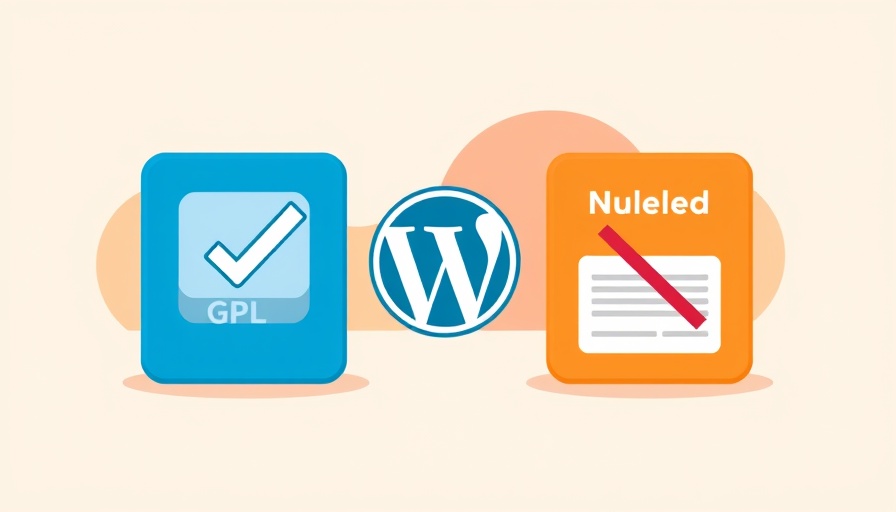
Understanding Django’s Cost-Effectiveness in Your Business Strategy
When delving into the arena of web development frameworks, Django emerges as a champion for businesses aiming to streamline their operations and foster growth. This Python-based framework not only supports efficient project development but also promises long-term cost benefits when evaluated under total cost of ownership (TCO) principles. As professionals and business owners evaluate which frameworks to adopt, understanding the implications of Django’s cost-effectiveness becomes crucial.
Defining Total Cost of Ownership (TCO) for Software
The concept of Total Cost of Ownership is paramount when businesses strategize around technology investments. TCO encompasses all costs associated with the acquisition, deployment, operation, and eventual disposal of a system. For companies pondering whether to integrate Django into their projects, assessing both direct costs—such as licensing and development expenses—and indirect costs, including operational and maintenance expenditures, is essential.
Key Inherent Benefits Leading to Cost-Effective Development
One of Django's strongest selling points is its rich feature set, including robust security measures and scalability options. By leveraging its built-in admin panel and user authentication, businesses can significantly reduce development time and costs. Furthermore, Django’s modular architecture allows developers to implement changes swiftly, ensuring that projects can adapt to evolving business needs without incurring steep additional expenses. These attributes lead to lower output across all marketing activities, from analytics and data reporting to social media marketing trends.
Benchmark Case Studies: Success Stories in Django Utilization
Several leading companies have successfully harnessed the capabilities of Django, showcasing its cost-effectiveness. For instance, Instagram, which initially began its journey with Django, has flourished, demonstrating that larger projects benefit immensely from its robust nature. Such real-world applications reinforce the argument that utilizing Django can result in a higher return on investment through improved efficiency and reduced time-to-market—critical factors in today’s fast-paced digital landscape.
Sustainability Considerations and Future Projections
As businesses become increasingly sensitive to environmental impacts, the sustainability of their digital frameworks cannot be overlooked. The choice of Django contributes to this conversation as it enables the creation of scalable and efficient applications, contributing to resource conservation in digital marketing. Future trends suggest that as companies lean into AI and data-driven marketing, the need for platforms that can seamlessly integrate these capabilities will enhance Django's relevance and efficacy.
Challenges in Adopting Django: Preparation and Mitigation Strategies
Transitioning to Django from another framework can present challenges. Business leaders should consider potential knowledge gaps within their teams and the necessary training to address these. However, the investment in upskilling employees and piecing together a knowledgeable workforce can yield dividends in efficiency and capability, thus ultimately affecting overall marketing ROI positively.
Conclusion: The Path Forward with Django
In conclusion, understanding the total cost of ownership reveals that investing in Django is not merely a transaction—it’s a strategic decision that can yield significant cost benefits over time. The framework’s capacity for scalability and adaptability reflects its value proposition. As businesses gear up to leverage digital marketing tools and undertake expansive projects, factors like resource optimization and efficient operational techniques will determine their success. Embracing Django means not only accepting a platform that supports current business needs but one that equips teams to handle the future landscape of digital marketing innovations.
As a call to action, leverage these insights to assess how Django could fit into your development strategy. Evaluate potential projects through a TCO lens, and ensure your business remains competitive in the ever-evolving digital landscape.
 Add Row
Add Row  Add
Add 




Write A Comment